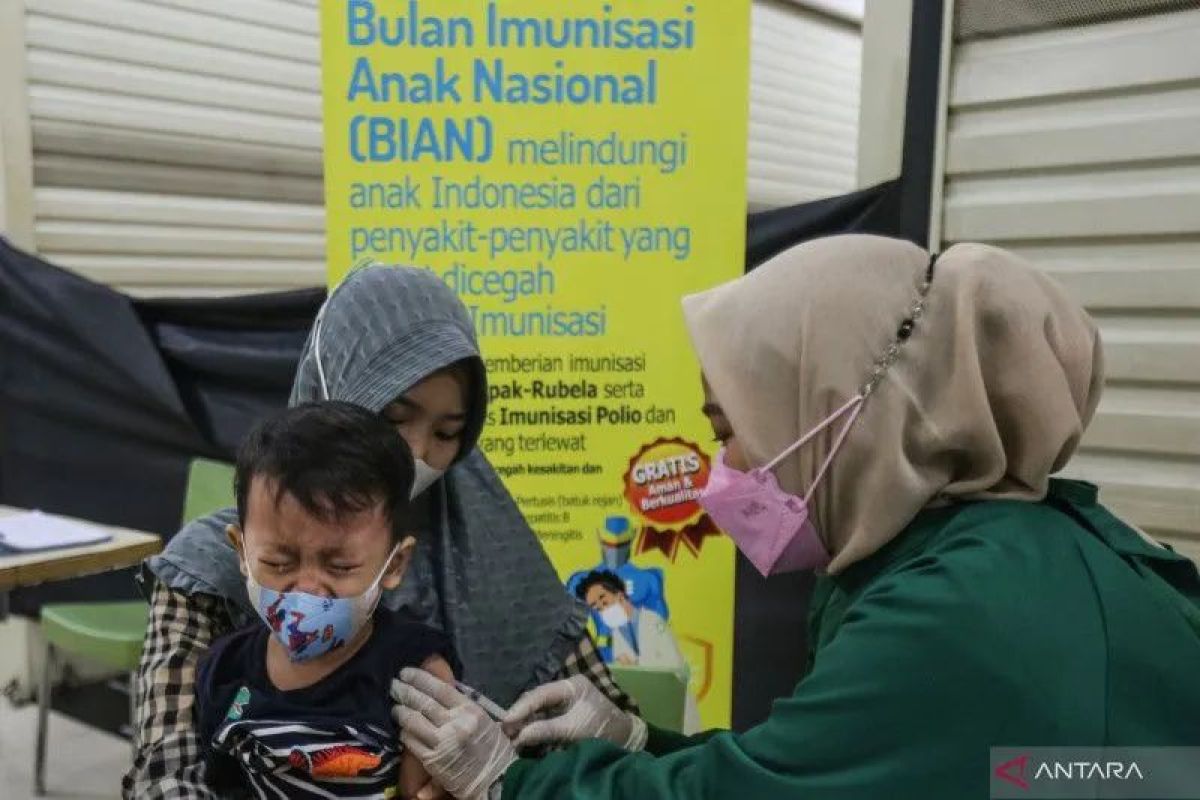Table of Contents
- Immunisation/vaccination City of West Torrens
- Immunizations - Undergraduate Admissions | Montana State University
- Health – Child and Adolescent Developmental Psychology
- Indonesia’s Catch-Up Immunization Campaign Tackles Major Decline in ...
- Exploring the Benefits of Vaccinations and Immunizations for Adults
- (PDF) Changes to this year’s immunisation schedule
- Ministry outlines immunization's two important roles - ANTARA News
- World Immunization Week: WHO urges renewed efforts
- Immunization Matters | Knowledge
- World Immunization Week: Power of vaccines not fully utilized



What are Immunizations and Vaccines?



Benefits of Immunizations


Types of Immunizations
There are several types of immunizations available, including: Influenza vaccine: Protects against the flu HPV vaccine: Protects against human papillomavirus, which can cause cervical cancer Meningitis vaccine: Protects against meningitis, a potentially life-threatening infection Pneumococcal vaccine: Protects against pneumococcal disease, which can cause pneumonia and other serious infections
Why are Immunizations Important?
Immunizations are important for several reasons: Prevention: Vaccines prevent serious and potentially life-threatening diseases Protection: Vaccines protect not only the individual, but also the community as a whole Herds Immunity: When a sufficient percentage of a population is immunized, it helps prevent the spread of diseases and protects those who are unable to receive vaccines, such as individuals with compromised immune systems